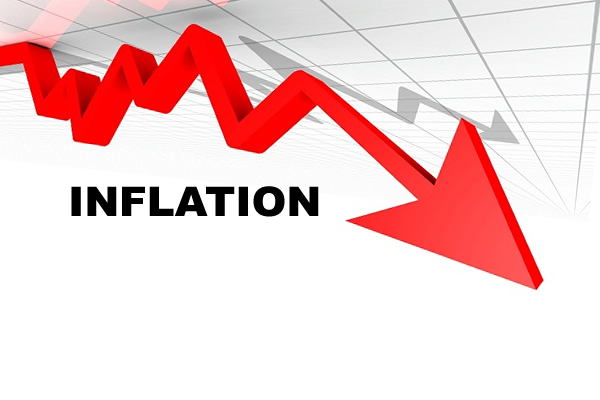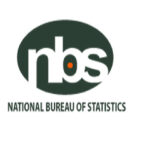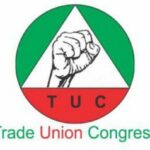
Activities of private businesses dipped midway through the third quarter of the year as rising prices weakened demand, according to the Stanbic IBTC Purchasing Managers Index report for August.
According to the report, input costs and output charges increased to the largest extent since the survey began almost a decade ago.
It said inflation again reflected higher transportation costs as a result of the removal of the fuel subsidy, plus currency weakness.
The headline PMI dropped for the third month, dipping to 50.2 in August from 51.7 in July, and was the lowest in the current five-month sequence of improving business conditions.
Also, input costs increased to the greatest extent since the survey began in January 2014 as close to three-fifths of respondents posted a rise over the month.
The report further noted that rates of increase in purchase prices and staff costs accelerated, the latter hitting a new survey peak.
Higher transportation costs were central to rising prices, while some respondents of the survey used to prepare the report said that currency weakness added to inflationary pressures.
As a result, companies also increased their selling prices at a record pace, with the rate of inflation surpassing the previous peak from December 2021.
The Head of Equity Research West Africa at Stanbic IBTC Bank, Muyiwa Oni, said, “The slower growth in Q2:23 reflects the slowdown in consumer spending and economic activities due to the combined impact of petrol subsidy removal and, to some extent, exchange-rate devaluation.”
Contact: [email protected]














